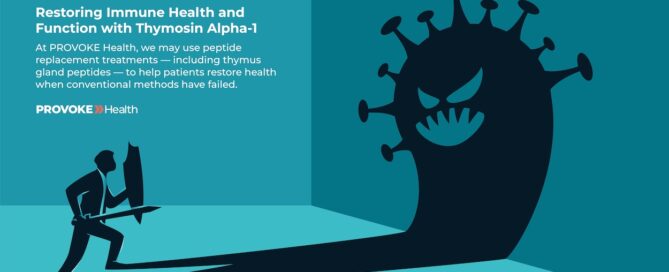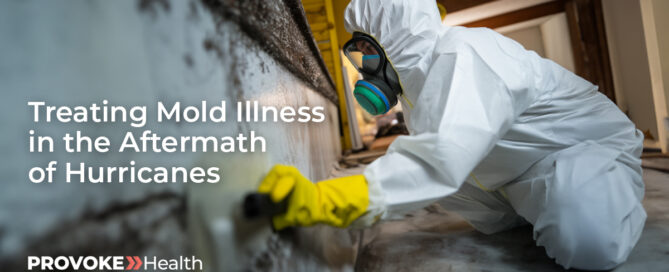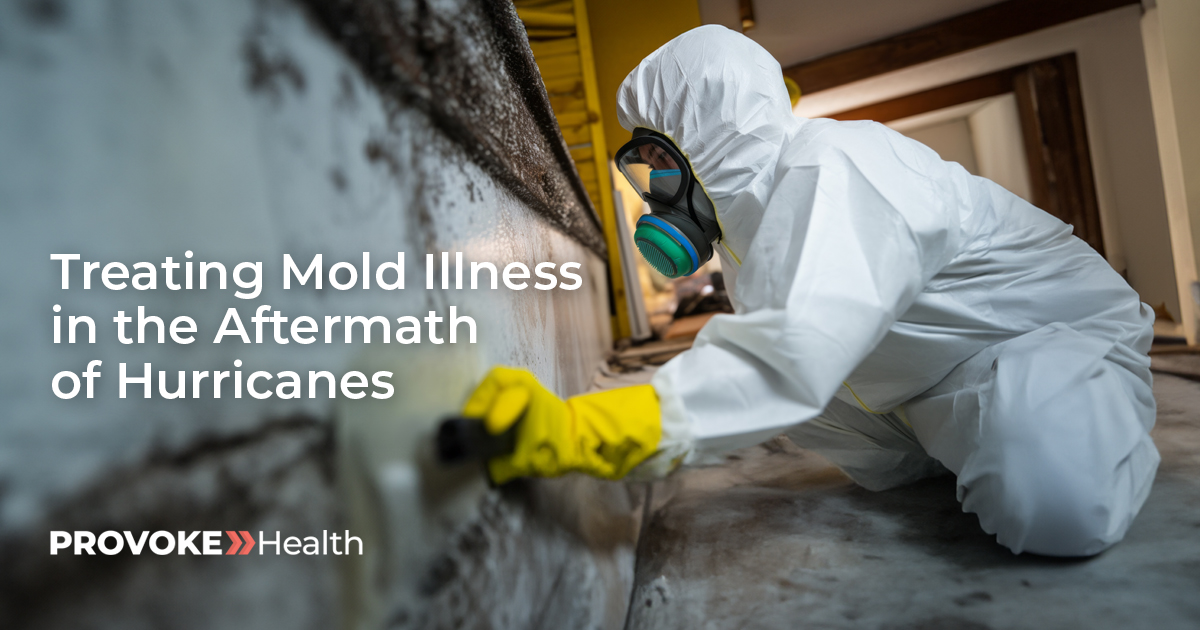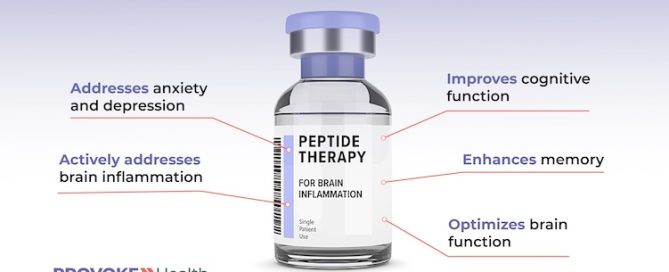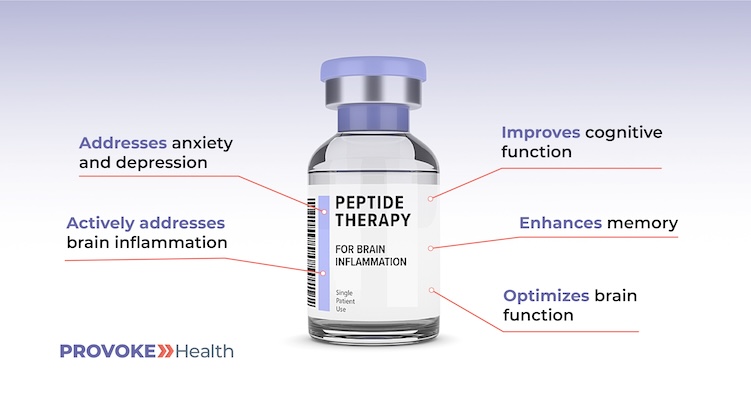Restoring Immune Health and Function with Thymosin Alpha-1
Your immune system can act as a double-edged sword. When it’s functioning properly, it attacks and eliminates every alien invader that poses a threat to your health, be it a pathogenic bacteria, virus, fungus, or parasite.
When it’s underperforming, you’re at a greater risk of contracting infectious illnesses, including colds, flu, staph infections, e. coli infections, herpes, shingles, salmonella, pneumonia, and the list goes on.
When it’s overperforming, this active system can attack healthy tissues, causing autoimmune disorders, such as rheumatoid arthritis, type 1 diabetes, multiple sclerosis, lupus, Hashimoto’s thyroiditis, and Graves’s disease. Then there are other immune disorders that often fly under the radar, triggering chronic inflammatory responses that can cause significant distress.

Modern medicine has provided us with numerous medications that can dial up or dial down the immune response. Medications most frequently used for dialing up the immune response are vaccines that trigger a response to specific pathogens that cause common illnesses such as measles, mumps, hepatitis, and polio. Other medications that prompt an immune response include interferon, colony-stimulating factors (CFSs), and monoclonal antibodies. Those medications that dial down the immune response include antihistamines and corticosteroids, among many others.
That being said, there are very few medications or supplements that are effective at both dialing up and dialing down the immune response to restore healthy immune function. Which is why we here at PROVOKE Health often recommend a peptide called Thymosin Alpha-1 (Tα1) to our patients who are struggling with immune system dysfunction or age-related immunosenescence (deterioration of the immune system).
What Is Thymosin Alpha-1
Thymosin Alpha-1 is a zinc-dependent thymus peptide primarily secreted by the thymus. If you’re unfamiliar with peptides, please read The Healing and Rejuvenating Power of Therapeutic Peptides by our founder, Dr. Matthew Lewis, D.C., DACBN, CFMP®, here on the PROVOKE Health blog.
Thymosin Alpha-1 plays a crucial role in modulating immune function, particularly in T-cell differentiation and immune response regulation. (T cells are a type of white blood cell that plays a key role in fighting infections.) Over the years, research into Thymosin Alpha-1 has uncovered its potential applications beyond immunomodulation, including neuroprotection and anti-inflammatory effects.
One of the beneficial applications of Thymosin Alpha-1 is its ability to Continue reading…

